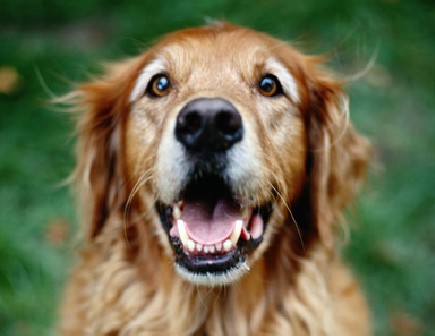
As the cold weather sets in, our geriatric companions may start to show increasing signs of pain and immobility relating to degenerative joint disease. You may notice stiffness first thing in the morning or after prolonged rest, a reluctance to go out on walks, reduced activity at home, difficulty getting up and lying down, and in some cases you cat or dog may develop an obvious lameness where they choose not to put weight on one or more limbs.
Joint pain shouldn’t be ignored, as it can have a huge impact on the quality of life of the cats and dogs it affects. Here are a few things that you can do to help your furry friends out:
* Provide soft, comfortable bedding in warm areas.
* Ensure flooring provides enough grip to avoid slippages, particularly as the weather gets wetter.
* Avoid stairs and jumping – where necessary, provide a slope or gentle steps to help your pet get on to and off of high furniture like beds or sofas. Lift dogs in and out of cars, and provide litter boxes with shallow edges for older cats to make them easy to use and avoid accidents.
* Ensure food and water bowls are easy to access.
* Keep your pets slim – overweight or obese cats and dogs are not only carrying excess pounds, but are also prone to reduced exercise and poorer muscle tone, all of which can contribute to progression of arthritis.
* Encourage regular, gentle activity.
* Use massage and gentle physiotherapy when your pet is stiff to help warm the muscles and keep joints mobile.
* Consider adding joint supplements, which can help to delay the progression of arthritis and are typically given daily as a liquid, powder, capsule or chew.
* Some pets may need to be groomed more frequently as they age if their flexibility is reduced – this will help to maintain a lustrous, healthy coat and prevent uncomfortable fur matting.
If you need further advice, get in touch and we can help you to come up with a plan to keep your much loved pets comfortable.

